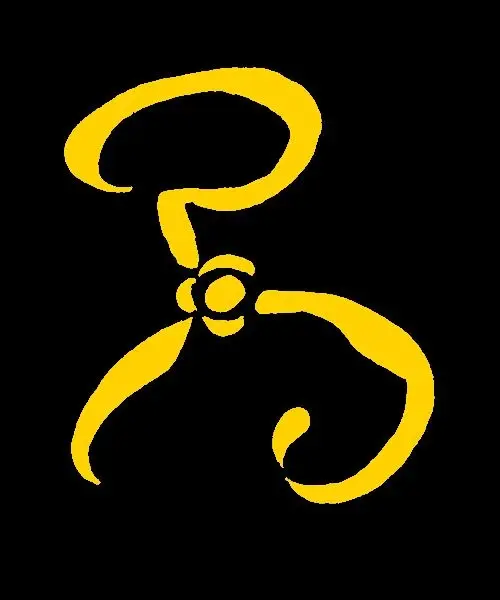

You’re right. All 8 billion people in the world aren’t telling you you’re wrong so it isn’t literally everyone. You’re the only person rejecting objective fact. People are quoting Apple’s license agreement. “nuh uh, free”. People are rebutting your top level “show me a receipt” comment. “I never mentioned receipts, you brought them up. Also nuh uh, free.” People are explaining the economics of perk systems. “No evidence that Apple applies this general economic theory to its business. Also nuh uh, free.”
You are evidently working with a definition of free that deviates from the commonly understood definition of the word, insofar that no one has yet agreed with you. You need to communicate better because what you are doing now isn’t working. Start by defining what you understand the word free to mean.




I’m not sure this is the case, but I like to imagine that the statue is polished from people petting it.